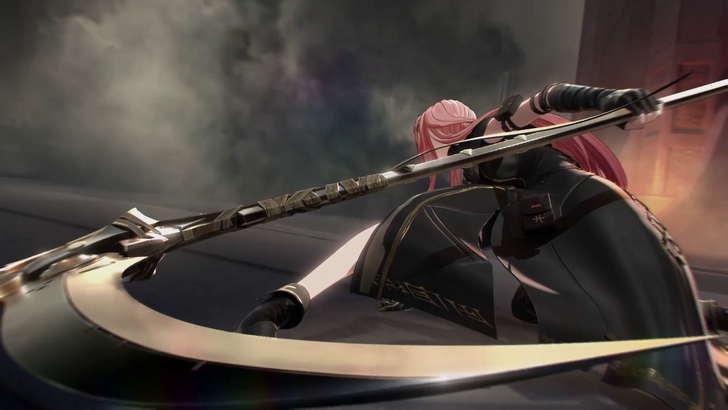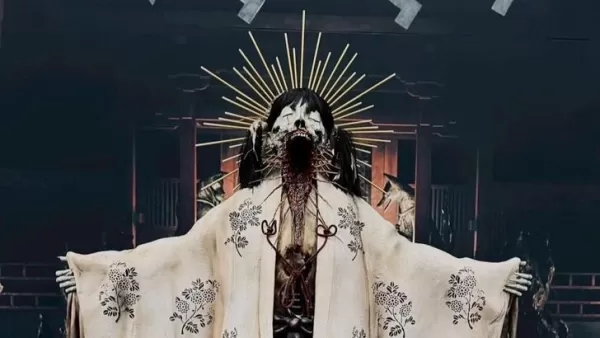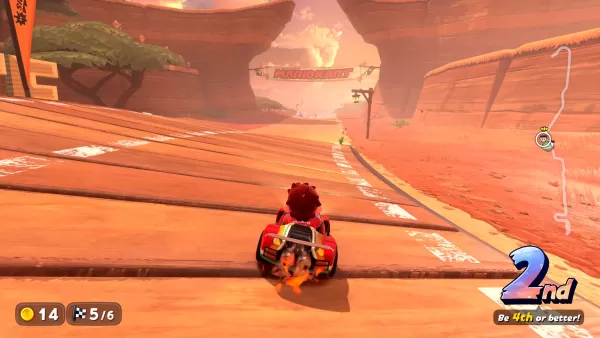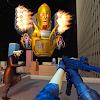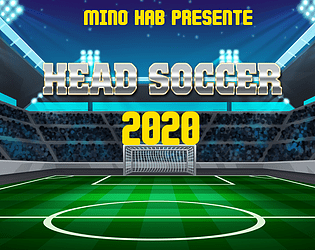Hideo Kojima’s Japanese radio podcast *KOJI10* continues to offer fans a unique window into the mind of the visionary behind iconic titles like *Metal Gear Solid* and *Death Stranding*. In the latest episode—Episode 17—Kojima dives deep into how real-time progression can be creatively integrated into video games. While he reflects on time-based mechanics from his earlier works, he also shares intriguing ideas that never made it into his games—including one concept originally intended for *Death Stranding 2: On The Beach*.
Kojima has long experimented with gameplay systems tied to a device's internal clock. During the podcast, he revisited two memorable examples from *Metal Gear Solid 3: Snake Eater* (2004) on the PS2. In an effort to heighten realism, food items in your inventory would spoil over real-world time. Consuming rotten food could make Snake ill, but clever players could repurpose spoiled meals as tools—such as hurling them at enemy soldiers to distract or incapacitate them.
Time-Based Boss Fights and Aging Mechanics
Kojima also discussed the infamous boss battle against The End, an elderly sniper who, under normal circumstances, presents a significant challenge. However, if players waited a full week before returning to the fight, they were rewarded with a unique cutscene where The End had simply died of old age—a brilliant twist on patience-driven gameplay.
The legendary game designer also revealed a scrapped idea from *Death Stranding 2*, involving natural character development over time. “I wanted Sam’s beard to grow gradually,” Kojima explained, “and the player would have to shave him regularly. Otherwise, he’d end up looking disheveled.” Ultimately, the feature was abandoned—not due to technical limitations, but because Norman Reedus, who portrays Sam, is such a recognizable figure. “I didn’t want to make him look uncool!” Kojima joked, though he hinted this mechanic might still appear in a future title.
Experimental Concepts Centered Around Time
Kojima then shared three imaginative game concepts built around the passage of time:
- Lifelong Character Progression: A game starting from birth, aging the player’s character realistically over years of real-world time. Younger versions move faster and are more agile, while older characters gain wisdom and experience but lose physical strength. Although Kojima admits such a title might not sell well, others on the show expressed genuine interest in playing what they described as a truly “Kojima-like” game.
- Crafting Through Patience: A slow-paced simulation where the player nurtures something that takes time to mature—like wine or cheese. This concept leans into idle-style gameplay, encouraging gradual progress over extended periods.
- The Forgetting Mechanic: A high-stakes “forgetting game” where the protagonist loses knowledge and skills during periods of inactivity. If you take a break, the main character might forget how to use weapons or even their own mission. Kojima humorously noted that players might need to take a week off work or school just to keep up.
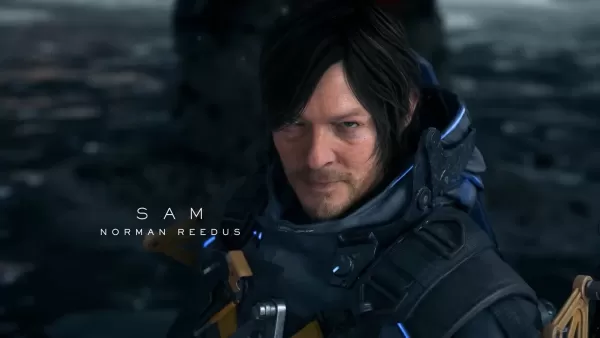
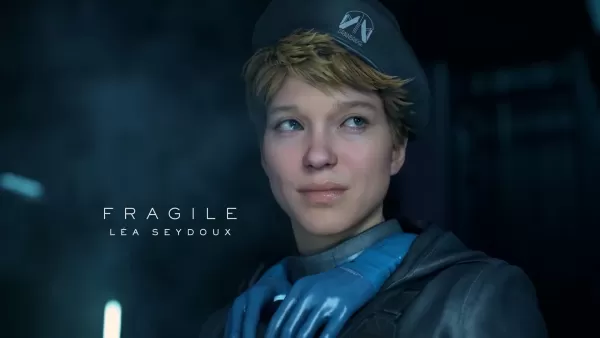
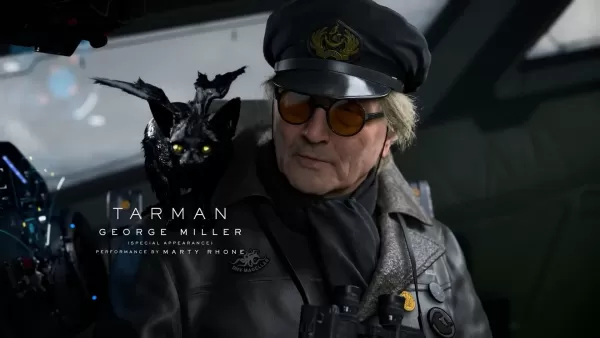
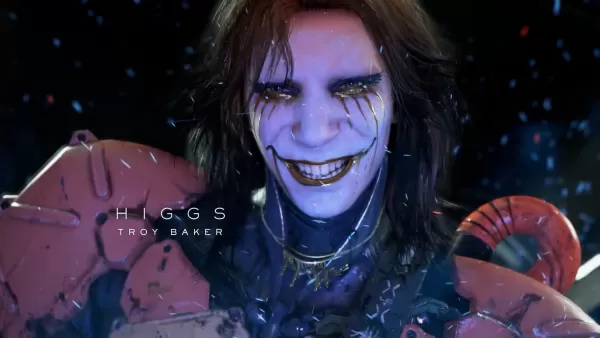
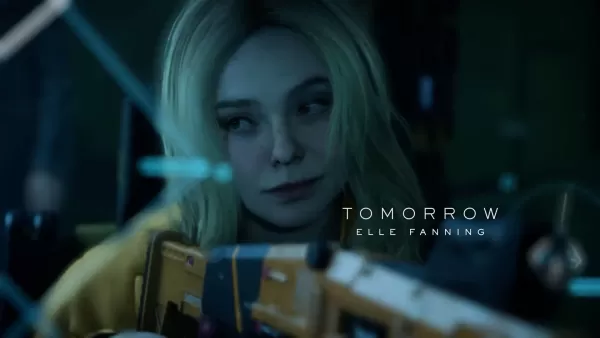
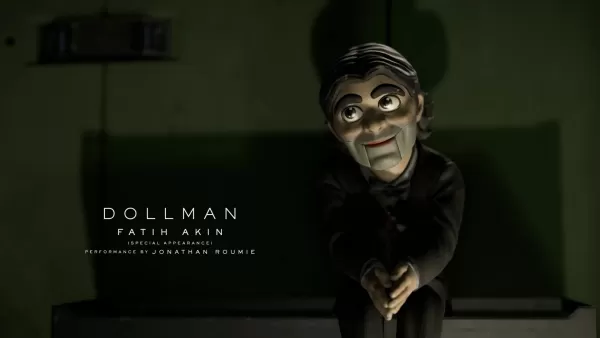
With *Death Stranding 2: On The Beach* set for release on June 26, many fans will likely plan time off to fully immerse themselves in Kojima’s next visionary experience. For deeper insight into the sequel, don’t miss our exclusive interview with Hideo Kojima, and detailed impressions after playing the first 30 hours.

